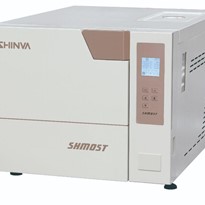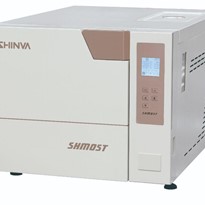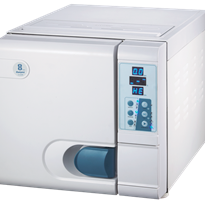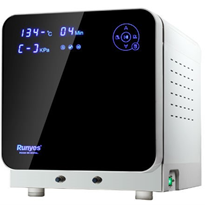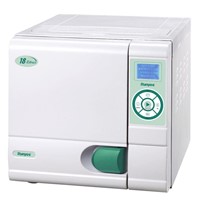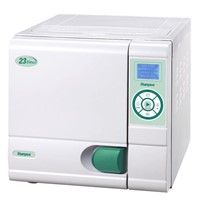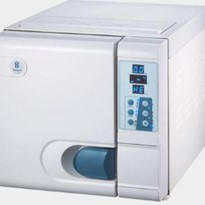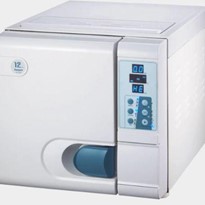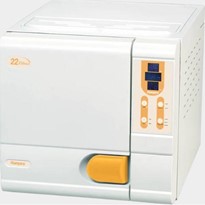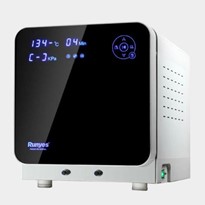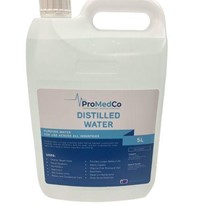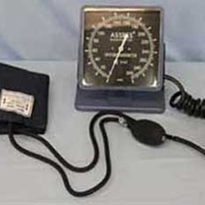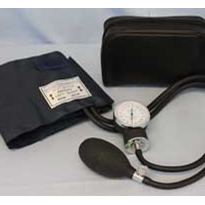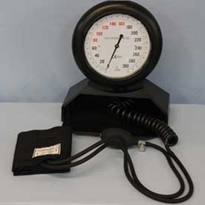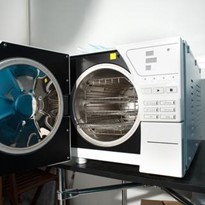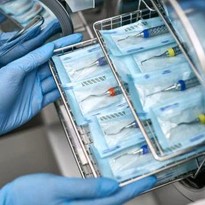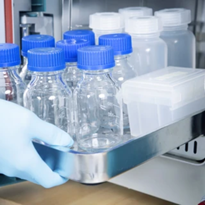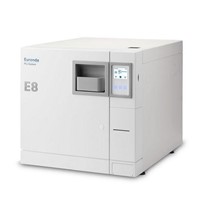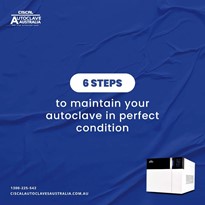The type of water you use can dictate the types of loads you can sterilise and affect the lifespan of your autoclave chamber and steam generator significantly.
Autoclaves are costly investments so it is crucial that it is used appropriately and maintained regularly.
Mineral Buildup From Water As A Problem
Water is naturally full of minerals which can be a problem for autoclaves. The minerals in the water can cause mineral buildup that can damage the autoclave and its parts if left unchecked.
The limescale buildup from the minerals in the water is very difficult to remove or clean.
Water Quality
There are many factors that can affect water quality such as the hardness, minerality, and whether it contains chlorides, salt, and so on.
Low-quality water can cause severe damage to the autoclave and its components so the water quality should be given priority.

Tap Water
Tap water contains all kinds of dissolved minerals, salts, chloride, etc. The more mineral content the water has, the ‘harder’ it is. When hard water is pressurised, it leaves behind salt and mineral deposits within the steam generator and other parts.
These can buildup over time and can decrease the efficiency and functionality of the autoclave as a whole and can eventually lead to the pipes and valves becoming clogged.
Autoclaves need to be in good working condition at all times because its function ensures the safety of a medical operation or function.
Deionised Water (DI)
Deionised water has been stripped of all minerals so it will not work because it has no electrical conductivity. While tap water has too many minerals and is electrically conductive, deionised water is devoid of any minerals.
Autoclaves use conduction-based water level sensors so using purely deionised water will not work.
Distilled Water
While distilled water has been removed of impurities, it is not 100% devoid of minerals. Distilled water still has electrical conductivity which is good for autoclave use.
Tap Water + Deionised Water
A good balance of deionised water and tap water is recommended for autoclaves aside from distilled water.
Tap water is high in ion content which is crucial in activating the water level sensor, it is also the main cause for equipment damage in autoclaves so a good balance between the use of tap water and DI will ensure safe operation of the equipment.
When setting up the autoclave, add 3 to 3.5 litres of DI water to the chamber to cover the heating component and the base plate by at least 5 cm.
Add ion-rich tap water (50 ml to 100 ml) to make sure that the sensor can detect the water level while keeping the mineral and limescale buildup to a manageable level.

Water Is Key
Autoclaves will only work if there is water to produce the steam. Water is the main element in the efficiency and functionality of the autoclave so the quality of water you use is also critical.


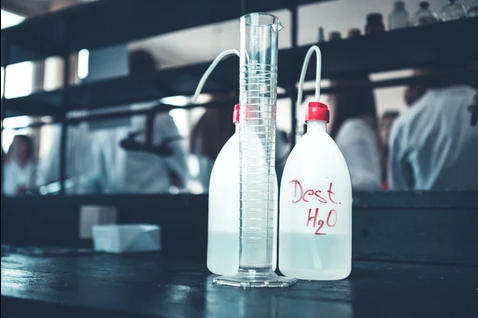

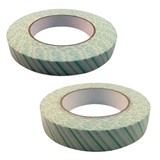
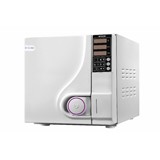
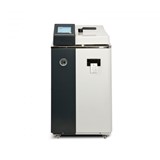
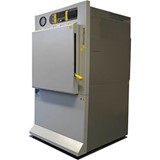
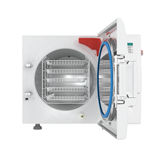
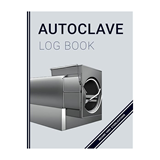
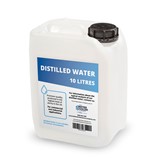
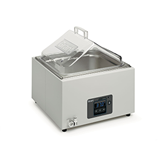
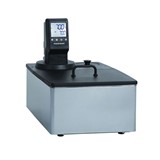
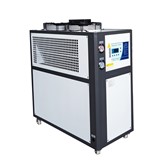
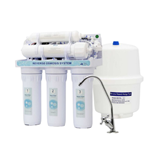
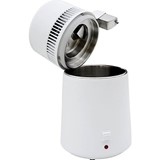
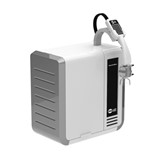
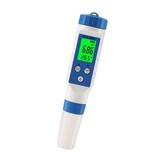

-205x205.jpg)
-205x205.jpg)
-205x205.jpg)

